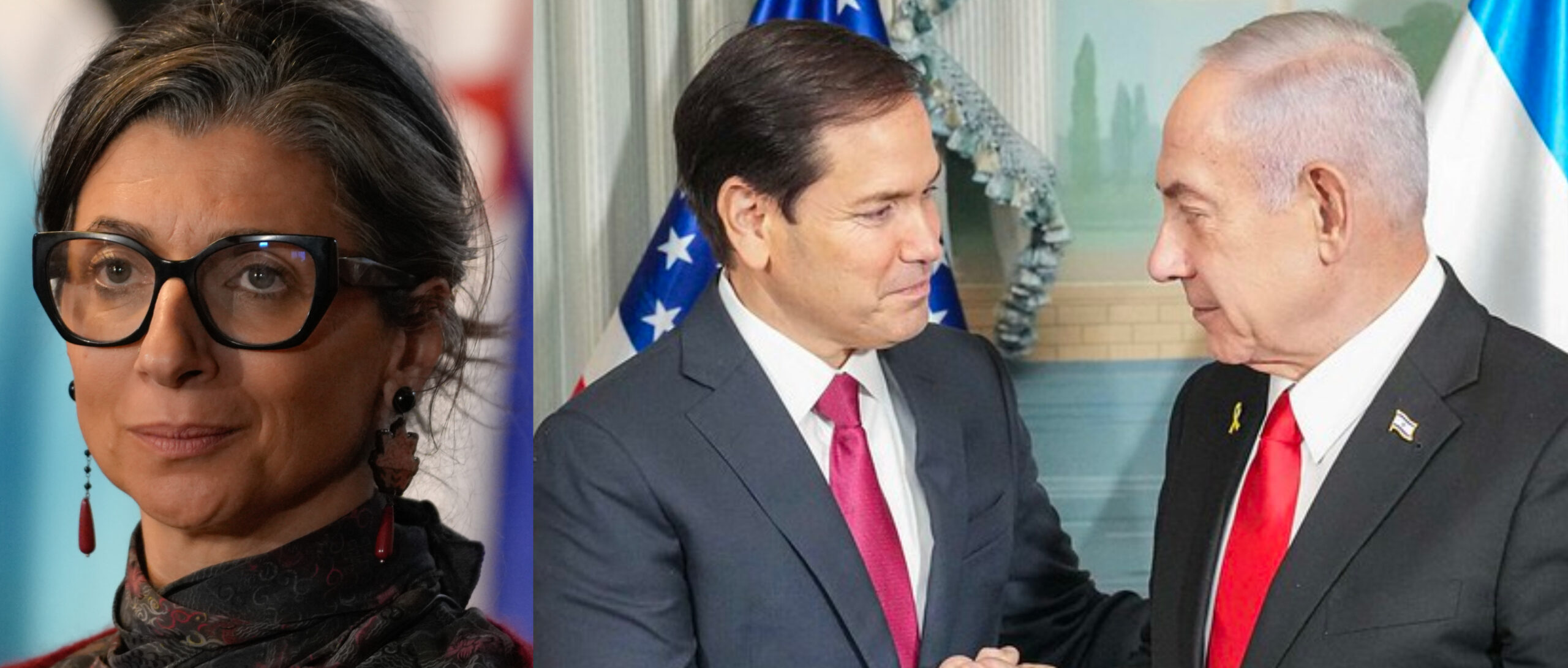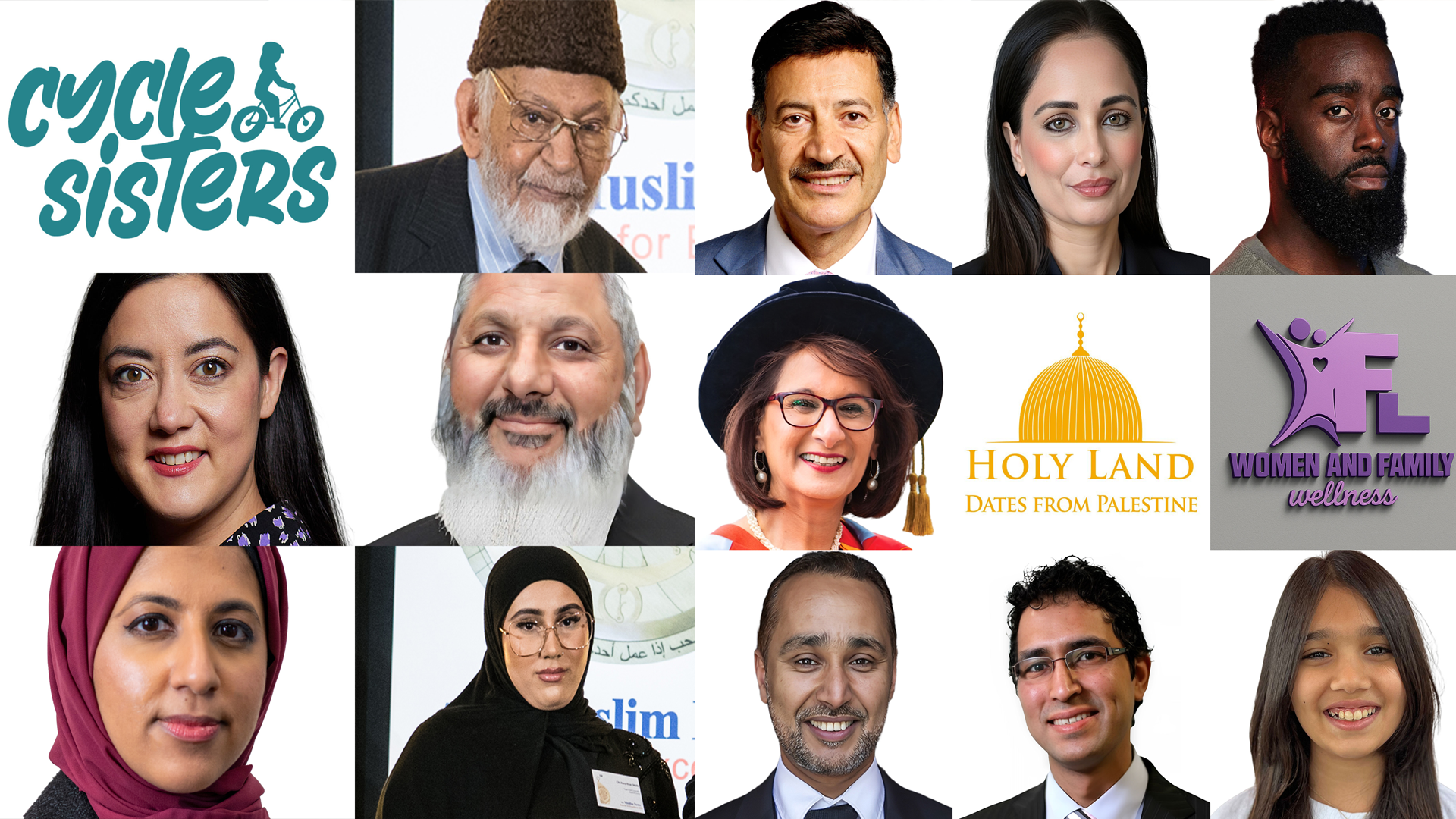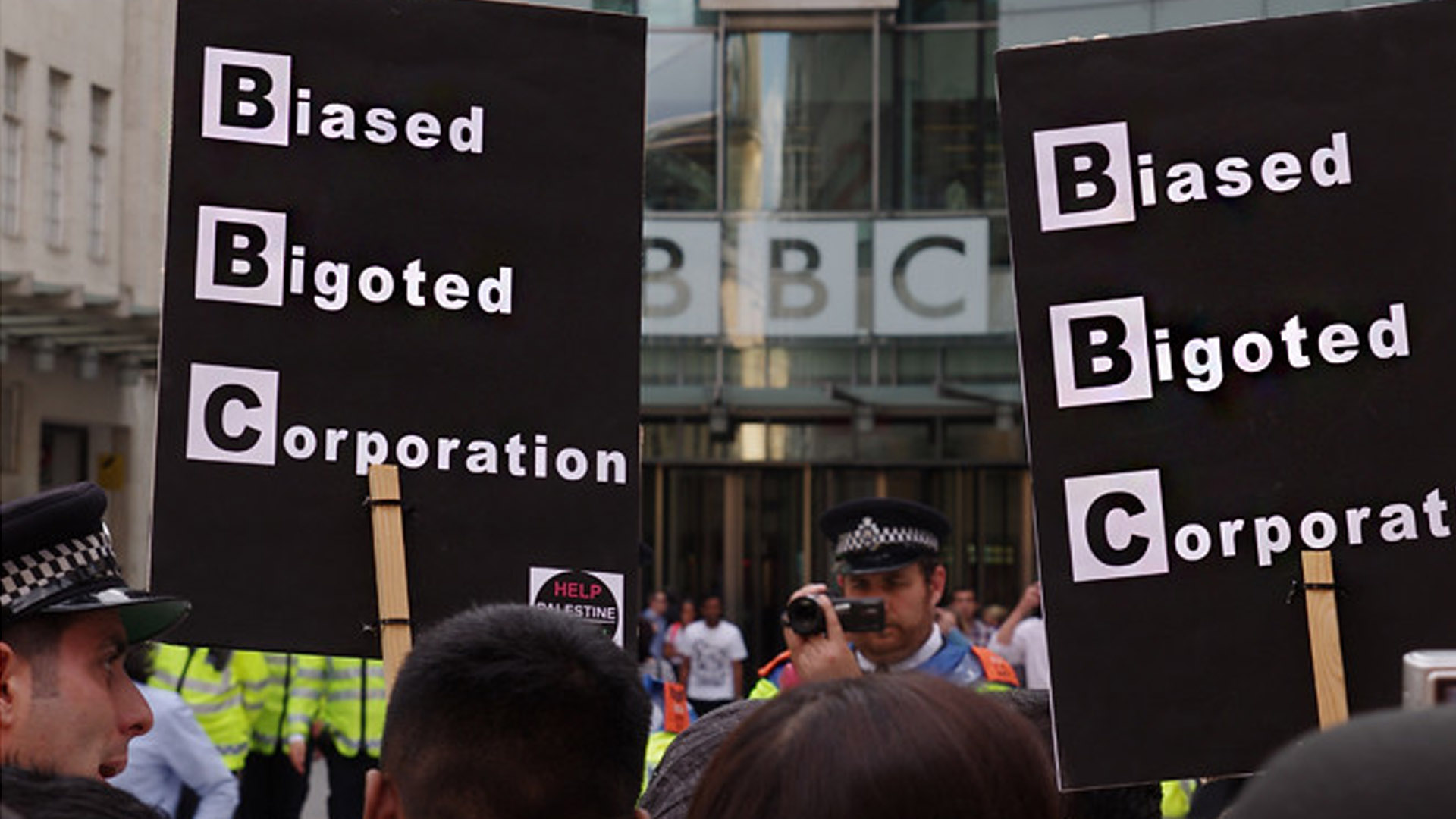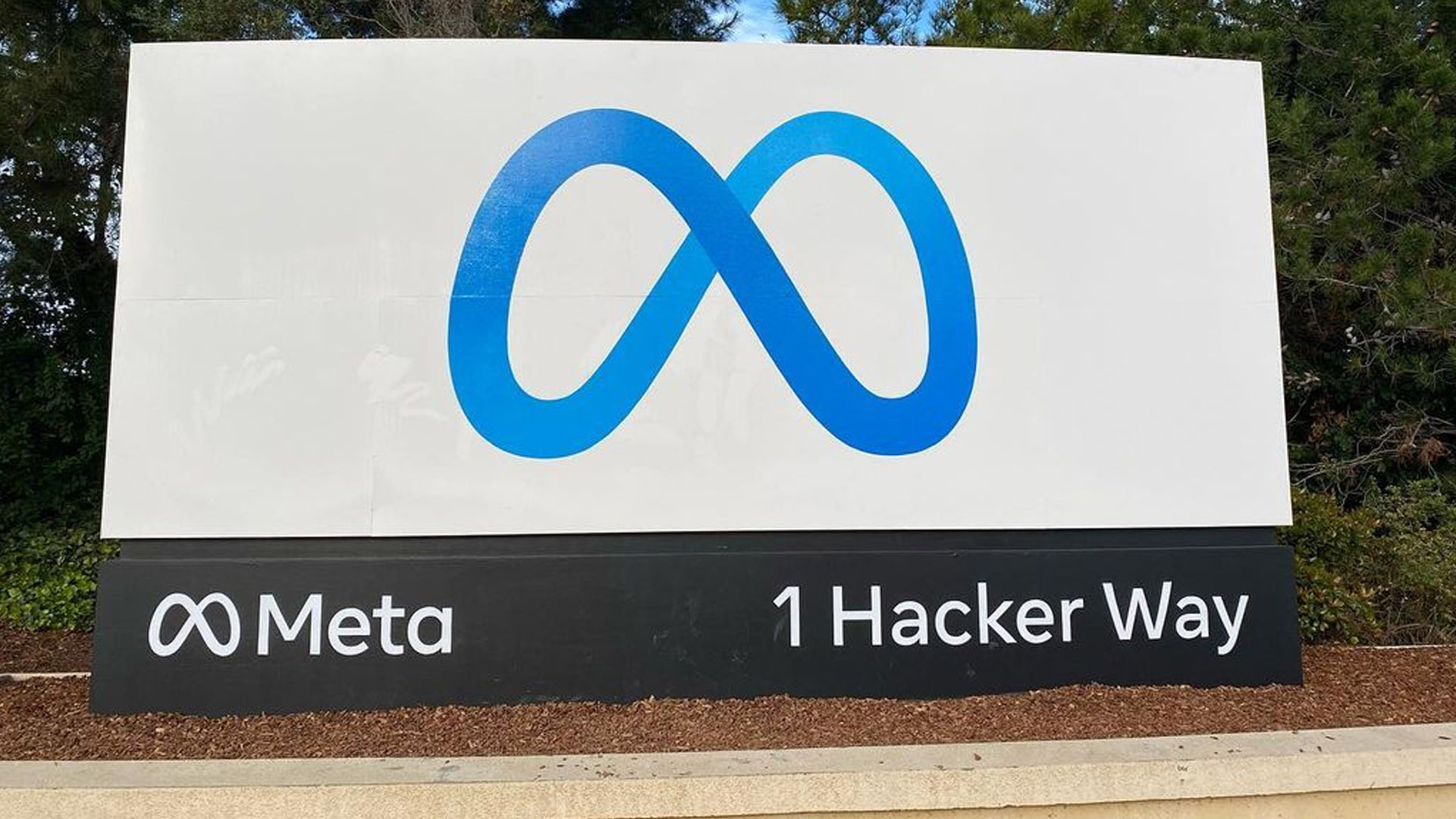
Elham Asaad Buaras
Francesca Albanese, the United Nations Special Rapporteur on the situation of Human Rights in the Palestinian territories, has condemned the US decision to impose sanctions on her as “obscene” and “a sign of guilt,” vowing to continue her work undeterred. “The powerful punishing those who speak for the powerless—it is not a sign of strength, but of guilt,” she wrote on social media. The UN has also issued a scathing rebuke of the move, calling it “an unacceptable attempt to intimidate a UN mandate-holder.” The US sanctions, announced on July 9 by Secretary of State Marco Rubio, follow Albanese’s damning July 5 report accusing Israel of operating an apartheid regime and committing acts of genocide in Gaza.

In a rare, coordinated response, the UN Special Procedures Coordination Committee, which represents all UN-appointed independent human rights experts, described the sanctions as “an unacceptable attempt to intimidate a UN mandate-holder” and declared that “silence is not an option.” The statement underscored that the measures would not silence Albanese or others carrying out their work in accordance with international law.
UN High Commissioner for Human Rights, Volker Türk, warned that the US action sets a dangerous precedent. “Even in the face of fierce disagreement, UN member states should engage substantively and constructively, rather than resort to punitive measures,” he said, adding that targeting an independent expert undermines the UN’s ability to conduct impartial investigations.
A spokesperson for UN Secretary-General, António Guterres, echoed those concerns, stating that the sanctions strike at the heart of the multilateral system and reaffirming the importance of protecting the independence of UN experts. Jürg Lauber, President of the UN Human Rights Council, also expressed regret over the decision and called on all governments to refrain from actions that compromise UN mechanisms.
The reaction was echoed by Mariana Katzarova, the UN Special Rapporteur on the situation of human rights in Russia, who described the sanctions as “totally unacceptable” and warned that they opened the door for other governments to target UN officials simply for doing their jobs.
The backlash extended well beyond the UN system. Amnesty International called the move “a shameless and transparent attack on the fundamental principles of international justice.” Secretary General Agnès Callamard noted that Albanese was sanctioned just days after publishing her report, and argued that the measure was part of a broader effort to shield Israel from accountability. “Special Rapporteurs are not appointed to please governments or to be popular, but to deliver their mandate. Francesca Albanese’s mandate is to advocate for human rights and international law—essential at a time when the very survival of Palestinians in the occupied Gaza Strip is at stake,” she said.
Human Rights Watch also condemned the decision, with International Justice Director Liz Evenson describing it as a calculated attempt to “silence a UN expert for doing her job.” Kenneth Roth, the organisation’s former Executive Director, warned that the US was using political means to deter prosecution of what he described as Israeli war crimes and genocide.
Other prominent voices within the human rights and legal community also weighed in. Democracy for the Arab World Now (DAWN), a Washington-based rights organisation founded by the late journalist Jamal Khashoggi, called the sanctions a “shameful perversion of state power.” Michael Schaeffer Omer-Man, DAWN’s Director of Research, said, “Albanese has been one of the bravest and most resolute voices speaking with absolute moral clarity about Israel’s genocide in Gaza.”
Two former UN Special Rapporteurs on Palestine also issued strong statements. Richard Falk, who held the position from 2008 to 2014, called the sanctions “an unprecedented assault not only on Albanese but on the entire system of UN special procedures.” His successor, Michael Lynk, said the action sent a chilling signal that Special Rapporteurs may face retaliation if their findings are politically inconvenient.
Albanese condemned the US decision as “obscene” but vowed to continue her work. “This is not just about me. It’s about defending the independence of all UN experts. I will continue to do what I have to do,” she said.
The US State Department defended the sanctions, arguing that Albanese’s reports and public statements had demonstrated bias and undermined international credibility. Secretary Rubio said the decision was necessary to “protect American sovereignty and counter anti-Israel bias.”
The international fallout may intensify in the days ahead. Several UN member states are expected to raise the issue at the upcoming Human Rights Council session in Geneva, scheduled for 15 July. Some are reportedly preparing formal motions of censure against the United States.
Amnesty International has urged states to respond decisively. “Governments around the world and all actors who believe in the rule-based order and international law must do everything in their power to block the effects of the sanctions and to protect the work and independence of UN Special Rapporteurs,” Callamard said.
As condemnation continues to mount, many in the human rights community fear the US action could open the door to wider attacks on international accountability mechanisms—and warn that failing to act now may embolden future efforts to silence UN experts.
Albanese has responded to the sanctions by urging international observers not to lose focus. In a series of posts on X, she wrote, “Let’s stand tall, together,” and warned: “All eyes must remain on Gaza, where children are dying of starvation in their mothers’ arms, while their fathers and siblings are bombed into pieces while searching for food.”
Speaking to Middle East Eye, Albanese said, “It looks like I’ve hit a nerve. My concern is there are people dying in Gaza while you and I are speaking, and the United Nations are totally unable to intervene.”
Albanese, a human rights lawyer, has been vocal in calling for an end to what she describes as the “genocide” that Israel is waging against Palestinians in Gaza. Israel and the US, which provides military support, have both strongly denied that accusation.
Israel has faced accusations of genocide at the International Court of Justice and of war crimes at the International Criminal Court (ICC) over its devastating military assault on Gaza.
In recent weeks, Albanese has issued a series of letters urging other countries to put pressure on Israel, including through sanctions, to end its deadly bombardment of the Gaza Strip. The Italian national has also been a strong supporter of the ICC’s indictment of Israeli officials, including Prime Minister Benjamin Netanyahu, for war crimes. She most recently issued a report naming several US companies among those aiding what she described as Israel’s occupation and war on Gaza.
On Wednesday, Secretary Rubio posted on social media: “Albanese’s campaign of political and economic warfare against the United States and Israel will no longer be tolerated. We will always stand by our partners in their right to self-defence.”
He announced that Albanese would be added to the US sanctions list for work that had prompted what he described as illegitimate prosecutions of Israelis at the ICC.
Albanese has long been a target of criticism from pro-Israel officials and groups in the US and Middle East. Last week, the US mission to the UN issued a scathing statement calling for her removal for “a years-long pattern of virulent antisemitism and unrelenting anti-Israel bias.” The statement said her allegations of genocide and apartheid were “false and offensive.”
The US sanctions are the culmination of an extraordinary and sprawling campaign of nearly six months by the Trump administration to quell criticism of Israel’s handling of the deadly war in Gaza. Earlier this year, the administration began arresting and deporting faculty and students of American universities who participated in pro-Palestinian demonstrations and other political activities.
Notice: This article is published exclusively online and does not appear in the page-flip edition.


